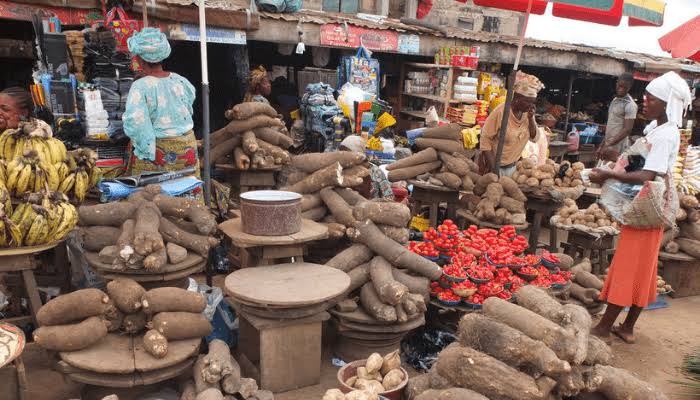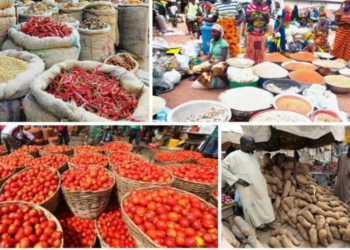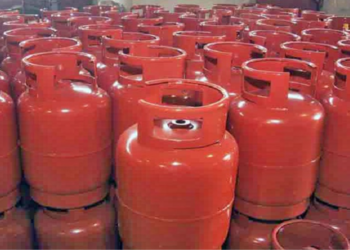In the desire to diversify her economy, Nigeria has been focusing on agriculture to boost her revenue whilst reducing reliance on oil export earnings.
However, the country has been struggling to achieve food sufficiency in the past few years. Now, the question is would it be counterproductive to Nigerians if the government prioritizes food exports when 200 million Nigerians are battling with high food prices?
Nigerians are currently in a quagmire as food prices across the country have skyrocketed over the last few years and simultaneously, the government is battling an economic crisis and woes. It’s almost impossible to separate food prices and the economy, as they are interwoven and both important to the average Nigerian and the country at large.
According to reports, Nigeria is currently facing its worst food inflation in almost 20 years. According to the Nigeria Bureau of Statistics (NBS), the food inflation rate in September 2022 stands at 20.77 per cent, which was an increase from 20.52 per cent recorded in August.
On the other hand, countries across the world are trying to recover even two years after the Covid-19 Pandemic lockdown that incapacitated business activities across the world, and Nigeria is not spared. Reports have shown that in 2021, Nigeria spent 86% of its revenue on debt servicing which leaves the country with little or nothing to spend. This begs the question, which will benefit Nigerians more at this crucial time?
First, a 50% reduction in food prices would have a more direct impact on Nigerians. Despite the Nigerian government recently signing into law the new minimum wage which puts it at N30,000, some states are yet to implement it. This means there are still individuals in the country earning the old minimum wage of N18,000.
According to a new report, most households in Nigeria spend at least 85 per cent of their income on food monthly. Using the new minimum wage as a yardstick, this means N25,500 is spent on food monthly leaving a household with 15 per cent of disposable income in a month.
A 50% price reduction will help Nigerians save more money, as they will spend a lower percentage of their income on food, and still have some for other things like transportation, clothing, and others.
Furthermore, a report from the World Bank has indicated that 6 million Nigerians are more likely to be plunged into poverty due to high food prices. Nigeria is currently battling with a sizeable amount of its population in extreme or multidimensional poverty, 6 million Nigerians further adding to the figure will affect even the country’s economy.
The report also indicated that 7 million Nigerians fell into poverty in 2020 due to high food prices. A reduction in food prices will help in saving Nigerians from falling more into poverty.
Food prices are multifaceted and tied to different aspects of Nigerian society. A study has established that there’s a relationship between high food prices and rising malnutrition, especially among children in Nigeria. The rising food prices have left most households with no option but to save cost, and thereby many go for a particular type of food which due to price.
Also, many Nigerians now go for cheaper options in food, which at times are either poorly processed, exposed to diseases, preserved, and increased in quantity with chemicals that are harmful to the body system. With a price reduction, Nigerians will be able to afford a variety of foods and will only go for ones that are properly processed.
On the other hand, Nigeria has been bedevilled with corruption and poor management of resources and revenue, and this has affected the trust the average Nigerian places in the government of the day.
Based on antecedents, there’s a high probability of the potential agricultural revenue not being judiciously used if food sufficiency is sacrificed. This doesn’t help the average Nigerian in any way, at least not like a reduction in food prices which will have a direct and immediate result on the average Nigerian.





















